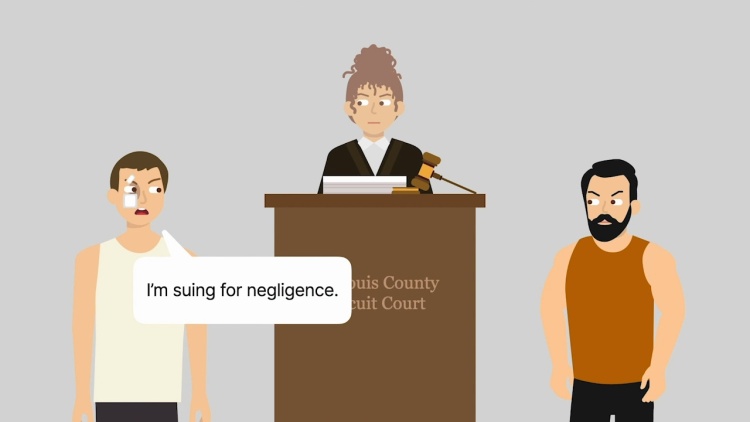Alack v. Vic Tanny International of Missouri, Inc.
Missouri Supreme Court
923 S.W.2d 330 (1996)
- Written by Craig Conway, LLM
Facts
Charles Alack (plaintiff) became a member of Vic Tanny International of Missouri, Inc., (Vic Tanny) (defendant), a health-club facility. Upon his enrollment, Alack signed an agreement containing a general exculpatory clause that released the facility from liability for any damages, injuries, or claims. The exculpatory clause did not expressly release Vic Tanny from injuries sustained by a member resulting from the club’s own negligence. Later, while using an upright row machine, Alack was seriously injured when the machine’s handle disengaged from the weight cable and struck Alack in the mouth and jaw. Alack was required to see a dentist over 20 times and underwent two surgeries. Alack expected to incur medical bills exceeding $17,000. Alack filed a negligence suit against Vic Tanny. At trial, Alack testified that he did not interpret the exculpatory clause to mean that he released the health club from all future negligence. Rather, Alack thought the clause meant that he was releasing Vic Tanny from liability for injuries Alack sustained by lifting too much weight or working out for an extended time. The jury held for Alack and awarded him damages of $17,000. Vic Tanny’s motion for a judgment notwithstanding the verdict was denied by the trial court. Vic Tanny appealed.
Rule of Law
Issue
Holding and Reasoning (Price, Jr., J.)
What to do next…
Here's why 907,000 law students have relied on our case briefs:
- Written by law professors and practitioners, not other law students. 47,100 briefs, keyed to 996 casebooks. Top-notch customer support.
- The right amount of information, includes the facts, issues, rule of law, holding and reasoning, and any concurrences and dissents.
- Access in your classes, works on your mobile and tablet. Massive library of related video lessons and high quality multiple-choice questions.
- Easy to use, uniform format for every case brief. Written in plain English, not in legalese. Our briefs summarize and simplify; they don’t just repeat the court’s language.






